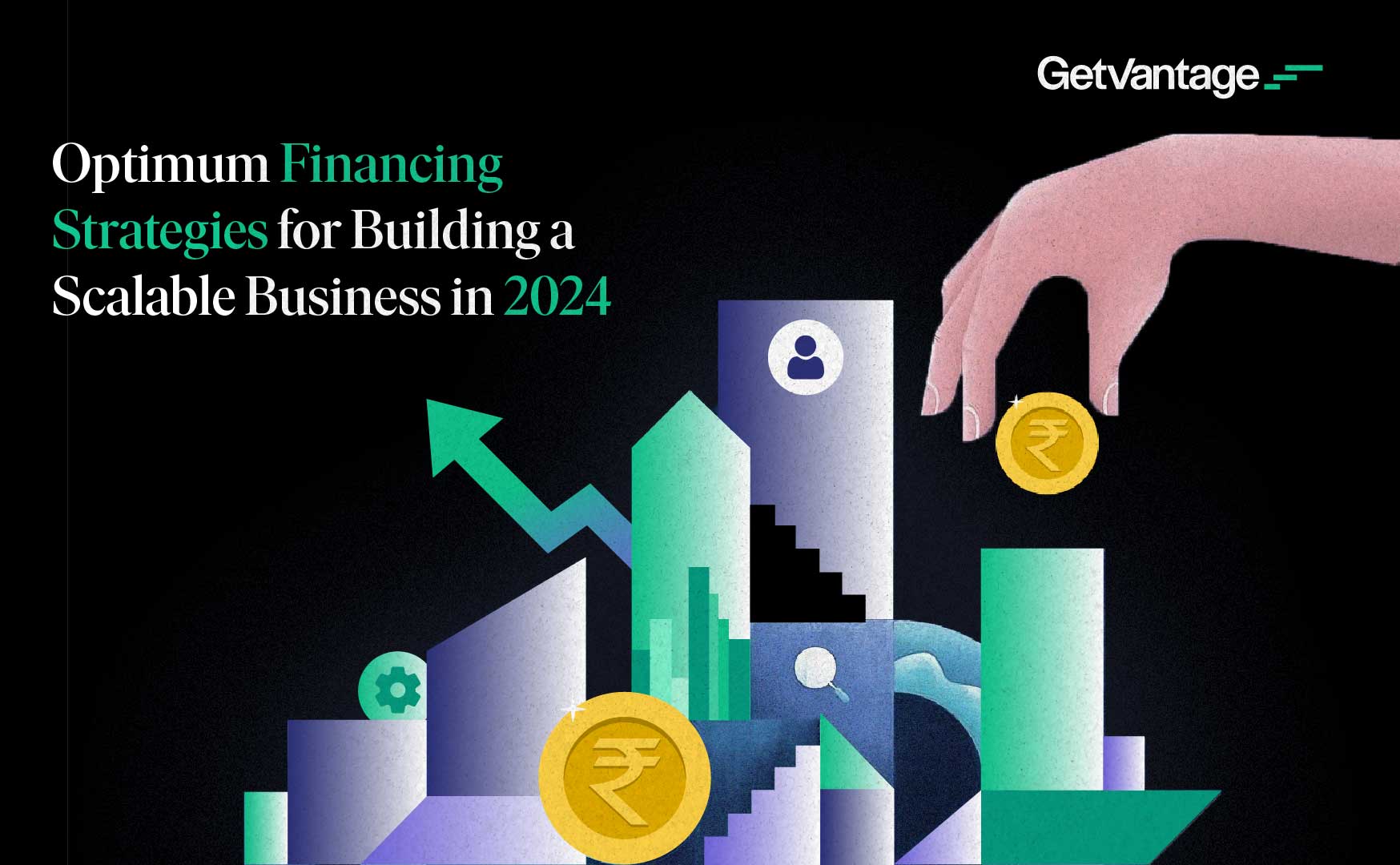Scalability is crucial for businesses aiming to grow efficiently, manage costs, attract investors, and gain a competitive edge. As India’s startup ecosystem rapidly evolves and is influenced by global market dynamics, maintaining relevance and a steady capital flow is essential.
Today, businesses have various financing options. Traditional methods like bank loans and equity financing remain popular, while alternative financing options such as Revenue-based Financing and Cash Flow Lending are gaining traction. The choice depends on factors like the business model, funding stage, revenue cycle, and capital deployment areas.
For instance, using equity to fund Google and Meta ads is not ideal. Instead, non-dilutive capital should be sought for performance marketing, ensuring ROI without diluting equity unnecessarily.
2024: Equity or Quasi-Equity?
Equity investments dropped to $7 billion last year, yet this figure doesn’t capture the full funding landscape. While equity investors are cautious, quasi-equity deals have grown significantly. Venture Debt, a rising asset class, benefits various stakeholders by providing capital to VC-backed startups without needing collateral or equity dilution. Founders of recurring-revenue businesses increasingly turn to Alternative Financing (Alt-Fi) platforms for working capital, especially in sectors like Supply Chain, D2C, Climatetech, and B2B SaaS.
Over 80% of Founders recommend using debt financing between funding rounds, a crucial strategy given the current decline in equity investments.
Capital Stack Strategy for Startups
Understanding the difference between chasing valuation and creating value is key when raising capital. Founders must focus on building sustainable and scalable businesses that can weather crises. This requires frugality and a progressive growth strategy. A well-assessed capital stack, blending equity and quasi-equity financing, often proves effective. Equity financing supports long-term innovation, while quasi-equity aids short- and mid-term growth goals.
The Future for Startups in 2024
With over a dozen startups expected to reach Unicorn status in 2024, the Indian startup ecosystem is set to capture a larger global market share. Government initiatives like ONDC and OCEN are furthering SME growth and financing. With over 64 Mn SMEs in India and a credit demand exceeding $500 billion, strategic collaborations among lenders can bridge this gap. Startups must become more aware of their capital options to thrive in this dynamic environment.
The article was originally published in Financial Express: https://www.financialexpress.com/business/sme/quasi-equity-financing-the-non-dilutive-option-for-startups-to-build-scalable-business/3519915/#





